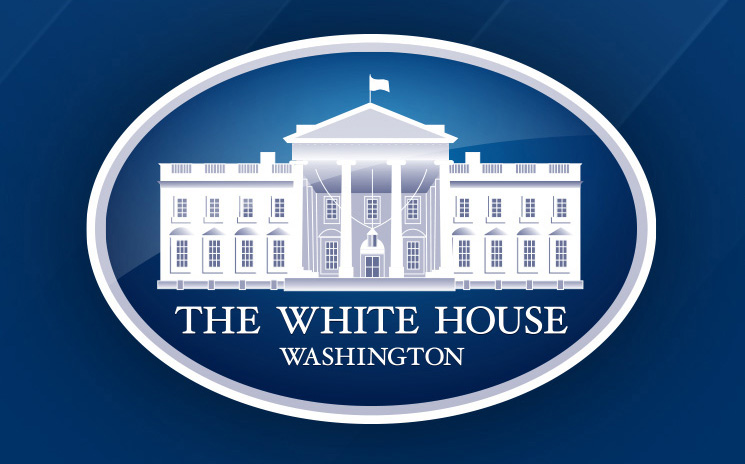I was working on a new video, when my mom called to tell me the news: President Biden announced the U.S. government’s fleet of vehicles will be replaced with electric vehicles.
A little background: My mom is an 80 year old, staunch Fox News-watching Republican. She has never owned a plug-in vehicle and no longer drives, so she probably never will own one, unless autonomous vehicles arrive on the scene. She just knows her son and wanted to make sure I got the news.
The White House website posted this information about the executive order: https://www.whitehouse.gov/briefing-room/speeches-remarks/2021/01/25/remarks-by-president-biden-at-signing-of-executive-order-on-strengthening-american-manufacturing/
Outside the obvious, there are specific reasons this excites me:
1) This is an investment that has huge payoff for our country. Nothing turns an economy around quite like good paying jobs for the middle class. America’s economic engine runs on consumerism. We need a strong middle class that buys American products. The shift of wealth to a very small percentage of us has caused a economic stagnation for the majority of us. Recent economic studies, studying “trickle down economics,” over the 40 years since Reagan, clearly showed the idea that the wealthy would invest in ways that would create jobs and improve the lot of the middle class has failed. All it did was move wealth from the many and placed it (and its corresponding political power) in the hands of the few. The requirement that these vehicles be American-made, will create much needed employment for the middle class, while the inevitable move away from fossil fuels will eliminate many jobs. This, accompanied by a push to rebuild our infrastructure, will help pivot employment from the fossil fuel industry to other industries.
2) This investment in new EVs is similar to the investment the government made in developing the secure network that became the basis of the Internet. The rise of the Internet created tons of well-paying jobs and investment opportunities for those in a financial position to invest. Many new industries were created by this investment. Consider the companies like Amazon, Netflix, Google and industries like web hosting and development, Air BNB, telecommunication, publishing, etc. No one predicted the manifold industries and jobs that would be created by the Net. In a similar way, we cannot predict all the industries, companies and jobs that will be created by switching the government fleet to electricity or how those new companies will change our daily lives. But we can be assured that this will accelerate the consumer switch to electric transportation and the development of better energy storage, faster charging and quicker charging infrastructure rollout, while improving job security and consumer confidence (and increase tax revenue without tax increases).
3) The environmental impact will be even better than consumer adoption of EVs alone. Why? Because most of our vehicles sit in a parking spot 90% of the time. Government-owned vehicles live a different life. Consider postal delivery vehicles. Your mail deliverer drives from mailbox to mailbox, starting and stopping hundreds, if not thousands of times a day. This causes much more pollution, per mile driven, than an ordinary car. It also causes these vehicles’ gas mileage to plummet and their maintenance costs in increase. However, this sort of driving is great for electric vehicles. Regenerative braking for each of these stops, coupled with the low speeds involved, increase the range of the battery immensely.
4) This will be a much-needed shot in the arm for the American auto industry. Our market for automobiles once ruled the world. The rise of a middle class in China now makes their auto market much larger than ours. In 2019, China accounted for 28% of global auto sales. As shown in World War Two and the COVID-19 pandemic, the auto industry is a key part of our manufacturing capacity, during times of crisis. Whether making tanks and Humvees or face masks and respirators, the manufacturing capacity of this industry is key to our national security.
5) This move may get states and municipalities to seriously consider making the switch to electric transportation, in all forms. Economies of scale will make this less expensive and as the studies start to be published, showing the increased reliability and lower fuel and maintenance costs involved, the move will no longer be seen as a risky one. In fact, the electorate will start to ask why the switch isn’t happening faster, and
6) This may finally get the most entrenched traditional automotive manufacturers to get serious about EVs. According to Bloomberg, traditional vehicle manufacturers struggle with pivoting to electrics because they perceive the move as dangerous to their existing profitable products with no guarantee of corresponding public adoption of EVs. In other words, they need to be “shown the money,” to make the investment and accept the risk of changing their product mix so radically. Even the success of Tesla hasn’t convinced many of them of the necessity to prepare for the changes (and opportunities) ahead.


